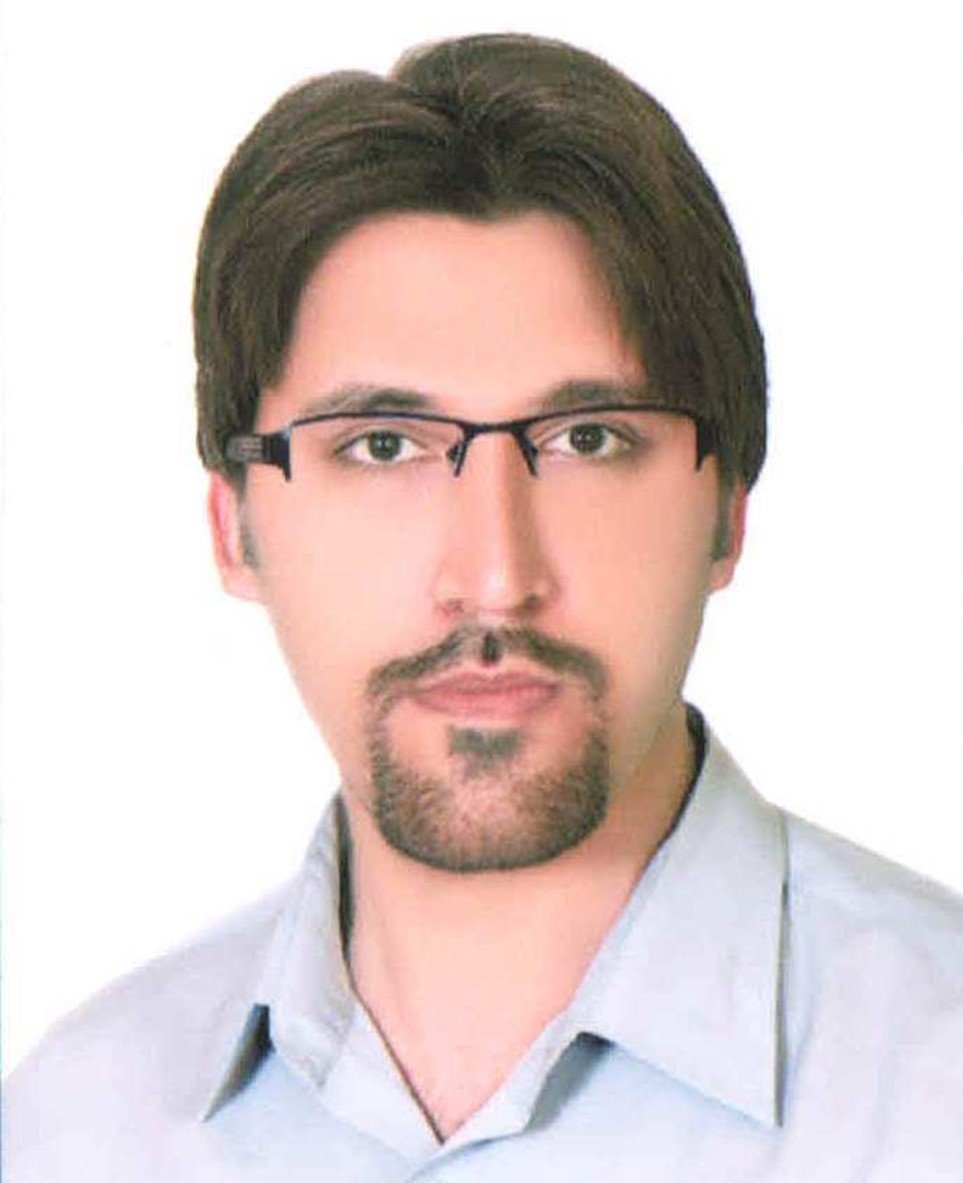Interview with Prof. Dr. Saeed Golestan—Winner of the Energies 2022 Young Investigator Award
We are pleased to announce that the winner of the Energies 2022 Young Investigator Award—Prof. Dr. Saeed Golestan.

Name: Prof. Dr. Saeed Golestan
Affiliation: Department of Energy Technology, Aalborg University, Aalborg, Denmark
Research Interests: synchronization systems; signal processing; power quality; stability analysis; small-signal modeling; microgrids
Prof. Dr. Saeed Golestan is a tenured Associate Professor at AAU Energy, Aalborg University (AAU), Aalborg, Denmark. His research interests include designing control systems for grid-tied power converters, designing grid synchronization and signal processing algorithms/filters for AC power applications, modeling and stability assessment of power electronic-based power systems including wind and PV systems, and the application of quantum computation in solving power system problems. Prof. Dr. Golestan received his Ph.D. in 2018 and has an outstanding publication record. Throughout his career, he has been the principal author of 55 papers in prestigious journals and co-author of 35 journal papers. These articles have received around 7000 citations. He is a senior member of IEEE, and an associate editor of IEEE Transactions on Power Electronics and the Journal of Energies.
We would like to thank the award committee for their excellent work in the difficult task of selecting a winner from such a large number of excellent candidates. We would also like to thank all the nominees from various fields for their participation. We will continue to reward young scientists with the Young Investigator Award and wish them every success in their careers.
The following is a short Q&A with Prof. Dr. Saeed Golestan:
1. What is your current research direction? Why did you choose this field?
My current research direction is focused on developing advanced synchronization and control systems for power electronics converters, as well as modeling and stability assessment of power electronics-based power systems. I chose this field because it is a rapidly evolving area with significant potential to make a positive impact on the global energy transition and address climate change.
2. What are the hot research topics in this field in the next few years?
Some hot research topics in this field in the next few years include:
- Grid forming power converter technologies;
- Exploring the potential of artificial intelligence and machine learning to address computational challenges of the grid of future;
- Developing new control methods for emerging power electronic technologies such as solid-state transformers and power electronic circuit breakers.
3. Have you encountered any difficulties in your research? How did you overcome them?
Yes, I have encountered difficulties in my research, such as identifying the right balance between control complexity and performance, and dealing with uncertainties in the system. To overcome these challenges, I have relied on collaboration with other researchers and experts in the field.
4. What qualities do young scholars need to possess?
I believe that young scholars need to possess several qualities, including:
- A passion for their research area and a willingness to learn and explore new ideas;
- Strong analytical and problem-solving skills;
- Effective communication and collaboration skills to work effectively in interdisciplinary teams;
- Resilience and persistence in the face of challenges and setbacks.
5. Do you have any suggestions for improvement regarding the award?
I suggest increasing the visibility and outreach of the awards program to attract a more diverse and global pool of applicants, and offering additional resources and support to winners to help them to advance their research careers.
6. Energies is an open access (OA) journal. What impact do you think OA has on author submissions?
Open access journals like Energies (ISSN: 1996-1073) can have a significant impact on author submissions by providing broader and more equitable access to research findings, which can lead to increased visibility and citations for authors. OA can also help to address issues of information inequality and democratize access to knowledge, which can benefit researchers, practitioners, and policymakers around the world.
Please join us in congratulating Prof. Dr. Saeed Golestan for his outstanding achievement.
